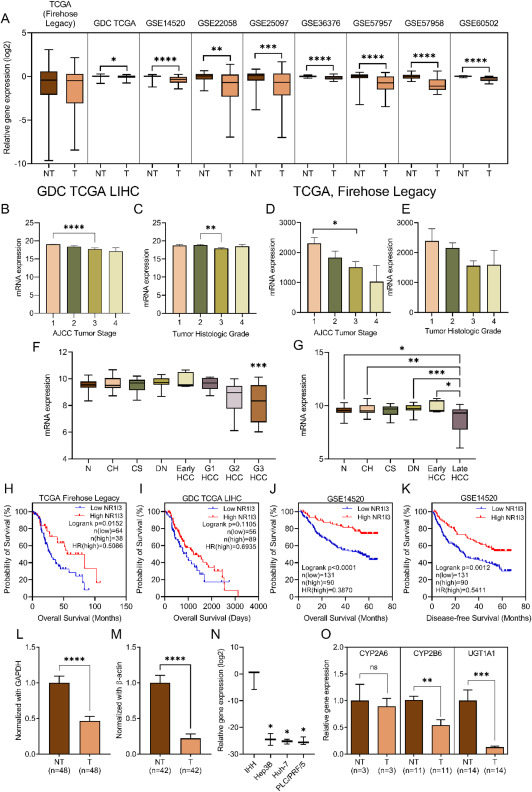
Constitutive androstane receptor: A tumor suppressor and a biomarker for favorable prognosis of liver diseases


Constitutive androstane receptor (CAR) is a nuclear receptor that is encoded by the gene NR1I3 (nuclear receptor subfamily 1 group I member 3) and is almost exclusively expressed in the liver.1 As reported in our recent publication, CAR is well established as a xenosensor for drugs and energy metabolism with newer implications in the regulation of normal liver physiology and liver regeneration.2 However, many controversies exist regarding the biological roles of CAR in human liver cancer2 and the species difference between the role of CAR in animal and human liver cancers are evident in the existing experimental and epidemiological data. Activation of CAR in animal models facilitates pro-carcinogenic pathways, eventually leading to the development of hepatocellular carcinoma (HCC). The same phenomenon is not seen following the activation of CAR in human liver cancer models. Recently, a few studies have highlighted the possible tumor-suppressive role of CAR in human cancer including liver cancer.3,4 Here, we aimed to unveil the clinical implications of CAR in human HCC patients.
